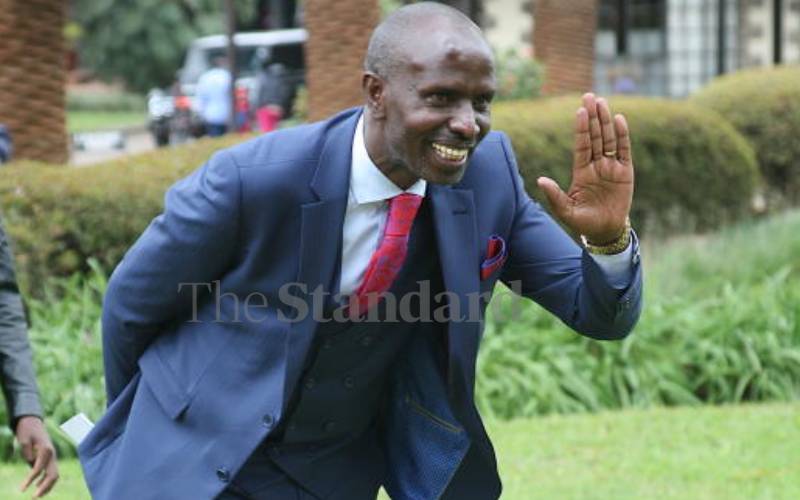×
The Standard e-Paper
Join Thousands Daily

Insiders say Sossion exposed the union to undue hostility from the government. [Wilberforce Okwiri, Standard]
As the Kenya National Union of Teachers (Knut) turns over a new leadership page, the officials are staring at the hard reality of a skeletal union with a hollow voice that cannot effectively champion the cause of teachers.